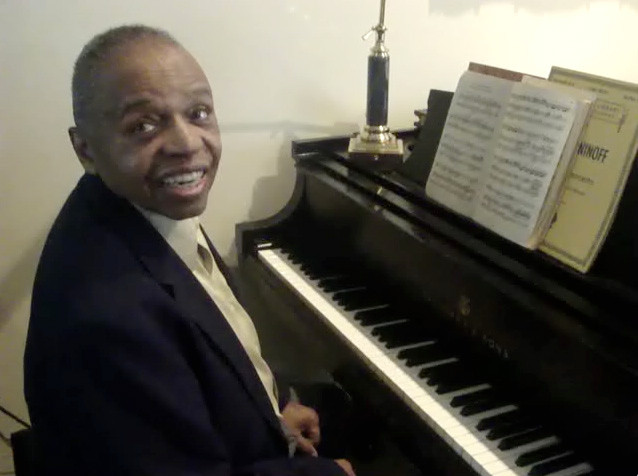Booker T. Gibson, witness to history
An African-American educator sees a nation overcome segregation –– and survive
Second of two parts.
On Aug. 28, 1963, Booker T. Gibson made his way to the National Mall in Washington, D.C. “It was hot. In August, it was hot,” Gibson said during a recent interview, stressing the word “hot.”
An estimated 200,000 people had gathered on the mall to hear a speech that would help alter the course of history. There, the Rev. Dr. Martin Luther King Jr. delivered his now legendary “I Have a Dream” address to a nation divided along racial lines.
Only eight months earlier, Alabama’s governor, George Wallace, had declared his unflinching support for segregation in his inaugural address. “Segregation now, segregation tomorrow, segregation forever!” was Wallace’s inflammatory battle cry.
Against this backdrop came the March for Freedom and Jobs on the Mall, led by King and a host of civil rights and religious leaders of several denominations, including Catholicism and Judaism.
“It was an event. I was there. I’ll never forget it,” said Gibson, 80, an African-American music educator who had grown up and lived most of his life in predominately white Merrick.
The times were indeed a-changin’
Gibson was 32 at the time of King’s speech. He had done what many had thought impossible of a black man: He had graduated from Mepham High School in Bellmore with honors, where he was president of the House of Representatives; gone on to earn his college degree from the virtually all-white SUNY Potsdam, where he was president of his class; and secured a teaching position in the music department at the all-white South Junior-Senior High School in the Valley Stream Central High School District in 1956. He was the school’s first African-American teacher.
At the march on Washington, Gibson ran into the white mother of one of his South students. He was astounded that he found her amid the sea of people on the Mall that day. He cannot recall her name, but, he said, he can see her face clearly in his mind.
Gibson also remembers the rabbi who spoke before King, Dr. Joachim Prinz, president of the American Jewish Congress. "I speak to you as an American Jew,” Prinz said. “As Americans we share the profound concern of millions of people about the shame and disgrace of inequality and injustice, which make a mockery of the great American idea.”






